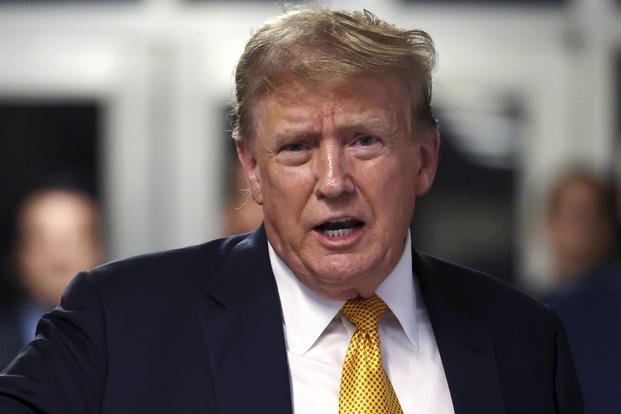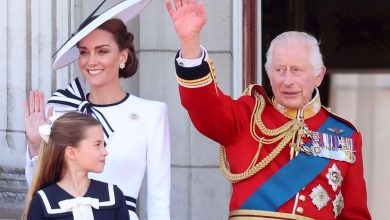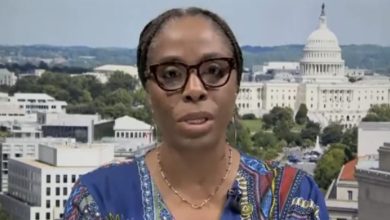Trump’s defense Reveals Compelling New Evidence In Closing Arguments

Defense attorneys in President Donald Trump’s hush money trial took before the jury on Tuesday, delivering closing arguments that included an exhaustive critique of Michael Cohen’s testimony and business documents they say exonerate the former president.
At approximately 10:30 a.m., attorney Todd Blanche walked jurors through Cohen’s testimony, asking if it was believable that Trump’s former fixer intended to work “for free” as Blanche claims he testified.
“Do you believe that for a second? That after getting stiffed on his bonus in 2016 when he thought he had worked so hard… Do you think Mr. Cohen thought ‘I’m going to work for free’ — Is that the man that testified or is that a lie?” he asked the jury.
Cohen also testified about his anger at having his 2016 bonus reduced by the Trump Organization, prompting him to reach an agreement with CFO Alan Weisselberg for a $420,000 payment that also allegedly included the $130,000 paid to adult film star Stormy Daniels. However, Blanche argued, there is no documentation or additional testimony to corroborate any statements Cohen outlined about the meeting.
“The idea that President Trump would agree to pay (Michael) Cohen $420,000” even though he only owed him $130,000 “is absurd,” Blanche said, according to CNN. “That’s what Mr. Cohen wants you to believe happened in that meeting where Mr. Weisselberg walked in with that piece of paper and supposedly showed it to President Trump. That is absurd,” Blanche adds, placing extra emphasis on the last three words.
Blanche added that former Trump Organization controller Jeffrey McConney testified “nobody would know” when it came to the discrepancy.
“The witnesses who actually testified in this courtroom: One says I don’t know and I didn’t care,” and the other said nobody would know, Blanche argued. Holding up a bank statement summing up the payment, he added. “The point of this document is, it contains lies. Again, you have to accept — if you accept Mr. Cohen’s version of what happened — that they were all in this together,” Blanche says of Cohen, Weisselberg, and Trump.
Rather than focusing on the facts, Blanche said prosecutors would rather the jury believe that a deal on the hush money repayment plan was struck in the Oval Office during an early 2017 meeting between Cohen and Trump. “It was a big day. He told you that he’s going to the Oval Office for the first time in his life meeting his boss,” Blanche said. “That’s what he wants you to believe.” However, six days later Cohen asked McConney in an email how much the payment would be. “Just six days later Cohen doesn’t even know how much it’s supposed to be,” Blanche continued, poking holes in prosecutors’ arguments that Trump personally ordered the payment.
Neither did Trump Organization employees attempt to hide the payment, according to Blanche, pointing out that McConney would likely have destroyed the records if they were evidence of a crime. “He didn’t get rid of them, he didn’t try to destroy them,” the defense lawyer argued. Similarly, President Trump disclosed the payment to the Office of Government Ethics.
“How can it be that there was any intent to defraud by President Trump when he discloses it to the IRS, he tweets about it and he submits it on his Office of Government Ethics forms?” Blanche asked.
Legal observers believe the case against Trump may be heading for an acquittal as soon as this week. Most everything in the case has fallen in Trump’s favor, including devastating cross-examinations of Daniels and Cohen as well as the selection of lawyers on the jury who will likely focus on the facts of the case, not the salacious nature of the alleged crime.


